Wertheimer [any]
- 360 Posts
- 4.51K Comments
Here's a paper:
In 1845, Friedrich Engels identified how the living and working conditions experienced by English workers sent them prematurely to the grave, arguing that those responsible for these conditions -- ruling authorities and the bourgeoisie -- were committing social murder. The concept remained, for the most part, dormant in academic journals through the 1900s. Since 2000, there has been a revival of the social murder concept with its growth especially evident in the UK over the last decade as a result of the Grenfell Tower Fire and the effects of austerity imposed by successive Conservative governments. The purpose of this paper is to document the reemergence of the concept of social murder in academic journal articles. To do so we conducted a scoping review of content applying the social murder concept since 1900 in relation to health and well-being.
...
The two most immediate stimuli for the return of the concept were the 2018 UK documentary Grenfell Tower and Social Murder and the 2019 academic article by UK academic Chris Grover Violent Proletarianization: Social Murder, the Reserve Army of Labour and Social Security ‘Austerity’ in Britain. The latter two received wide coverage in the UK mainstream media and stimulated its use in social media in the UK and elsewhere.
https://www.sciencedirect.com/science/article/abs/pii/S0277953621007097 , which only gives snippets but maybe the bibliography will help.

 ·4 months ago
·4 months agoI was afraid he'd be Attorney General. Is this a relief? Whatever, we still live in hell.

 ·4 months ago
·4 months agoIn April, the NYT did a poll (or archive) asking people what they remember most from the Trump presidency.
Voters who shared negative memories of the Trump years overwhelmingly mentioned aspects of his behavior and personality, while the bulk of positive memories were about the economy.
So the Democratic voters couldn't even articulate the material things that were bad about those years. Only 9% picked "immigration," and the quotes from people who gave that answer were 6-1 in favor of his immigration policies.


 ·4 months ago
·4 months agoThe NYT asks - Why Was There a Broad Drop-Off in Democratic Turnout in 2024? (archive)
Gaza - not mentioned, even though they talk about Harris getting fewer votes than Biden in Dearborn. Grocery prices - not mentioned. Are you better off than you were four years ago? Not mentioned.
Some analysts point out that Ms. Harris was simply the latest political casualty of a postpandemic global trend favoring challengers, no matter the incumbents’ politics, in places like Japan, South Africa, South Korea and Britain.
Mexico? Not mentioned, because then they'd have to point out that incumbent parties that have actually done something to help people out of poverty tend to win reelection.

 ·4 months ago
·4 months ago:gerald-ford-shining:

 ·4 months ago
·4 months agoOnce again (as with "chronoworking") I am forced to repeat that putting a Greek prefix on a Germanic rootword gives me hyperangst.

 ·4 months ago
·4 months agoRemember that time the Washington Post gave Bernie Sanders a bunch of Pinocchios for saying that millions of Americans work multiple jobs, because only eight million do, and "millions" implies ... more than that?

 ·4 months ago
·4 months agoShe did mention the "working class" once in her convention speech. Checkmate, tankies!
In the Bay — in the Bay — you either live in the hills or the flatlands. We lived in the flats. A beautiful, working-class neighborhood of firefighters, nurses and construction workers. All who tended their lawns with pride.
The defining characteristic of the working class - we tend our lawns with pride. You know, those lawns we have. In front of the houses we own.
(* - latest fad)

 ·4 months ago
·4 months agohttps://en.wikipedia.org/wiki/Jefferson_School_of_Social_Science
The Jefferson School of Social Science was an adult education institution of the Communist Party USA located in New York City. The so-called "Jeff School" was launched in 1944 as a successor to the party's New York Workers School, albeit skewed more towards community outreach and education rather than the training of party functionaries and activists, as had been the primary mission of its predecessor. Peaking in size in 1947 and 1948 with an attendance of about 5,000, the Jefferson School was embroiled in controversy during the McCarthy period including a 1954 legal battle with the Subversive Activities Control Board over the school's refusal to register as a so-called "Communist-controlled organization."
 ·4 months ago
·4 months agolol at Harris not picking up the hundreds of Nikki Haley write-in voters
He's the author of this book, which is real:
Show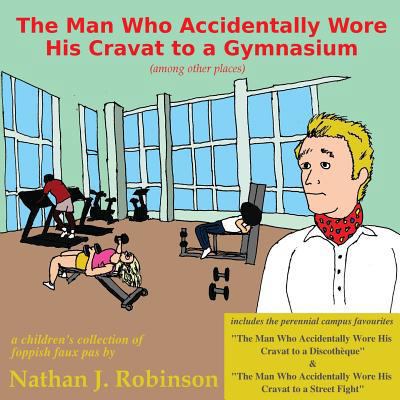
Tim Walz used chemical weapons against his own people

 ·4 months ago
·4 months agoThe only people I've heard defend Bush vs. Trump have done so with shameless national chauvinism.
Reelecting Bush in 2004, knowing what we already knew about the Iraq War and torture, was a much more telling indictment of the U.S. electorate than Trump's comeback.

 ·4 months ago
·4 months agoI was dangerously close to falling into a similar situation this summer - a medication that helped my condition but broke my brain. I was so afraid that they would force me to keep taking it even though it was making me more disabled than before, and going off benefits would mean losing my health insurance, which would mean... etc.
And yeah, I've also had to avoid going to the hospital for status migrainosus because I knew that hospital conditions would exacerbate the migraine long before doing anything to treat it: the fluorescent lighting, the smells, the noises, the interruptions, the 10+ hours to wait for a bed because they don't give a fuck about people with an invisible disability.

 ·4 months ago
·4 months agoIf I recall correctly it was after that, and Trump was saying the

 should have been accompanied by a full troop withdrawal.
should have been accompanied by a full troop withdrawal.I haven't seen the clip in 20 years, though. I just tried to find it and CNN has an excerpt from what may have been the same interview, but they only include the part where Trump is joking about his hair. Important archival journalism.

 ·4 months ago
·4 months agoIn 2004 or so Trump was on Larry King Live giving advice about the Iraq War. He said "Declare victory and have a parade." Larry King said, "But we haven't won!" He said, "Doesn't matter. Declare victory, and have a parade."





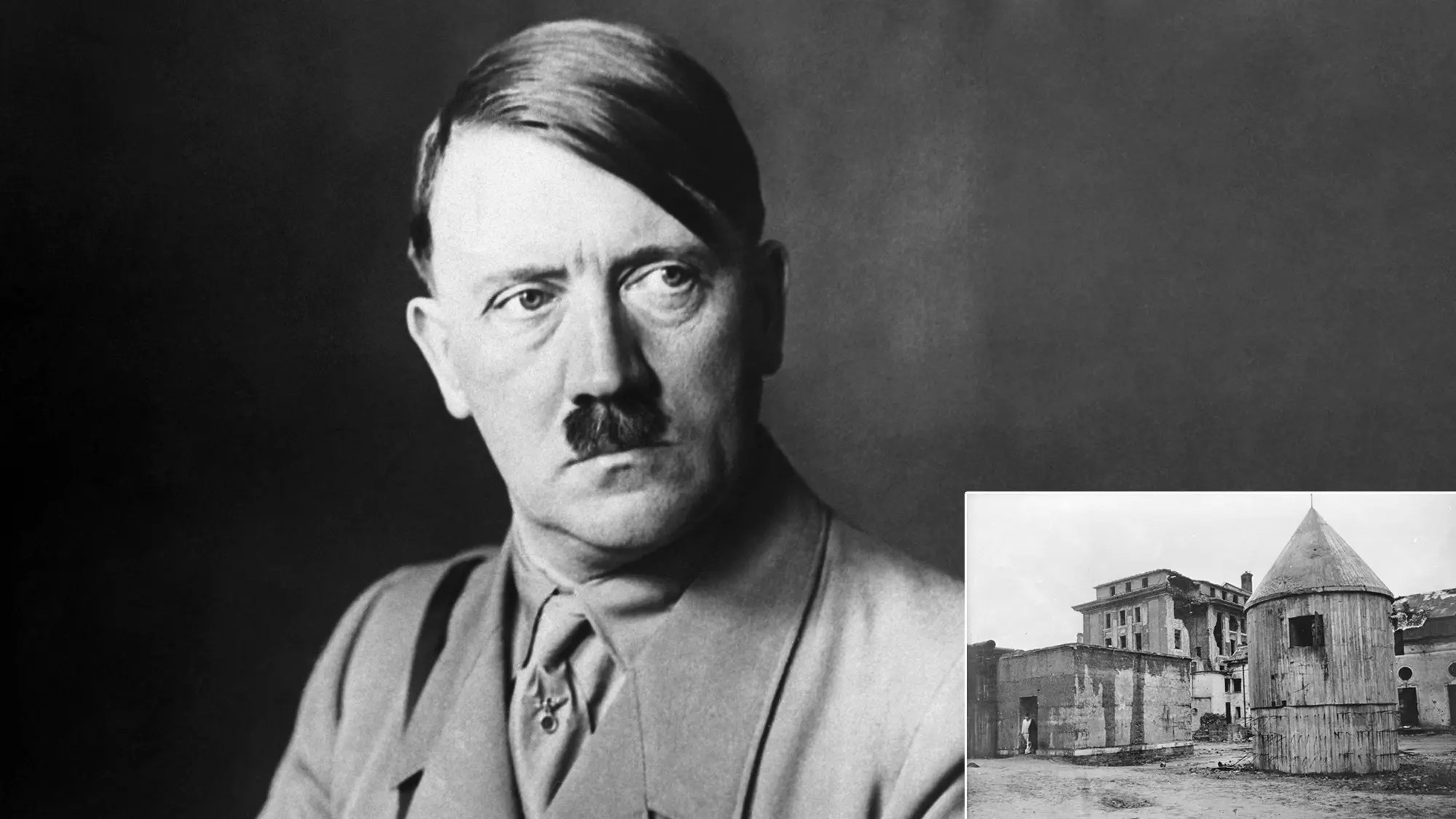



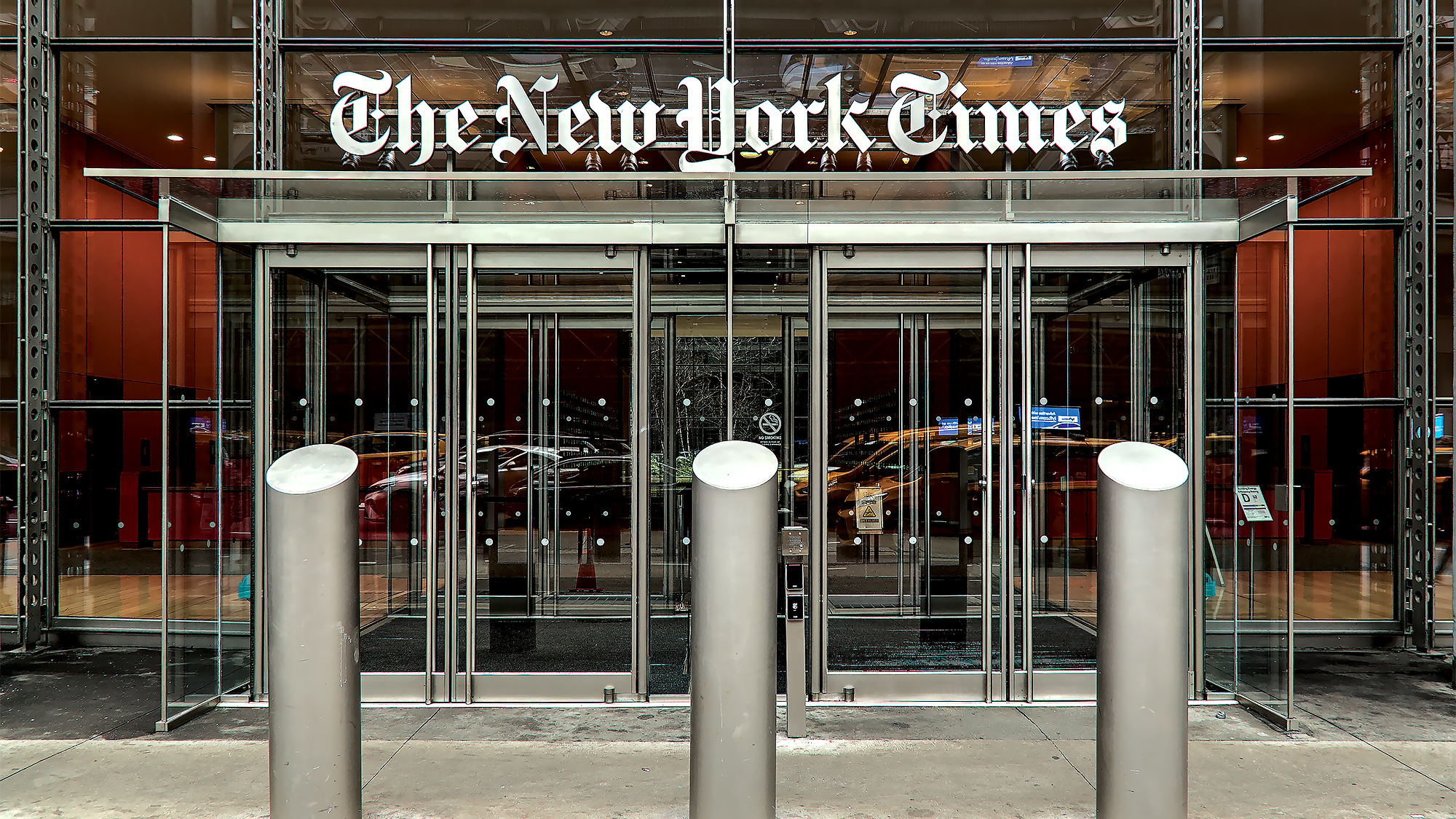
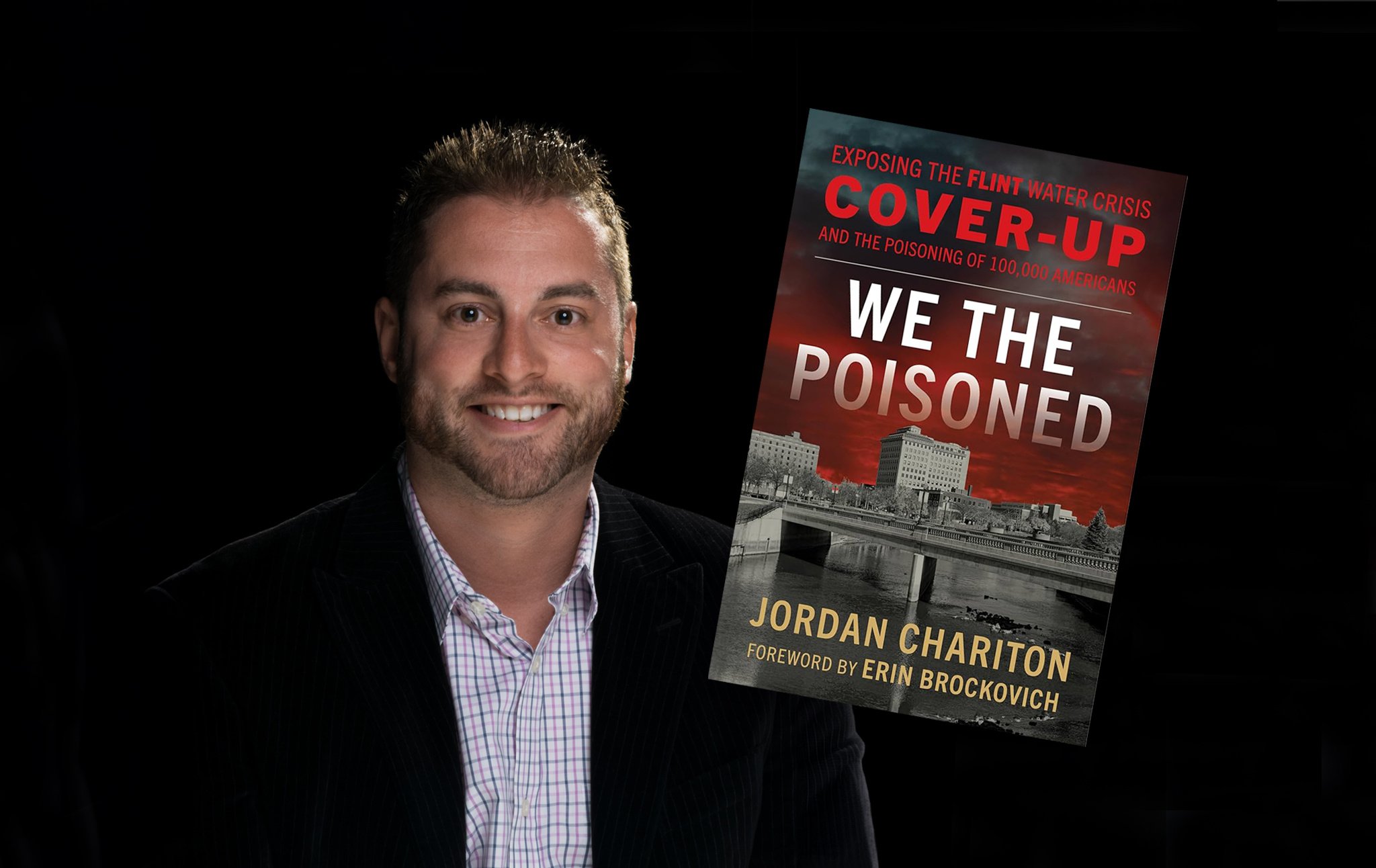




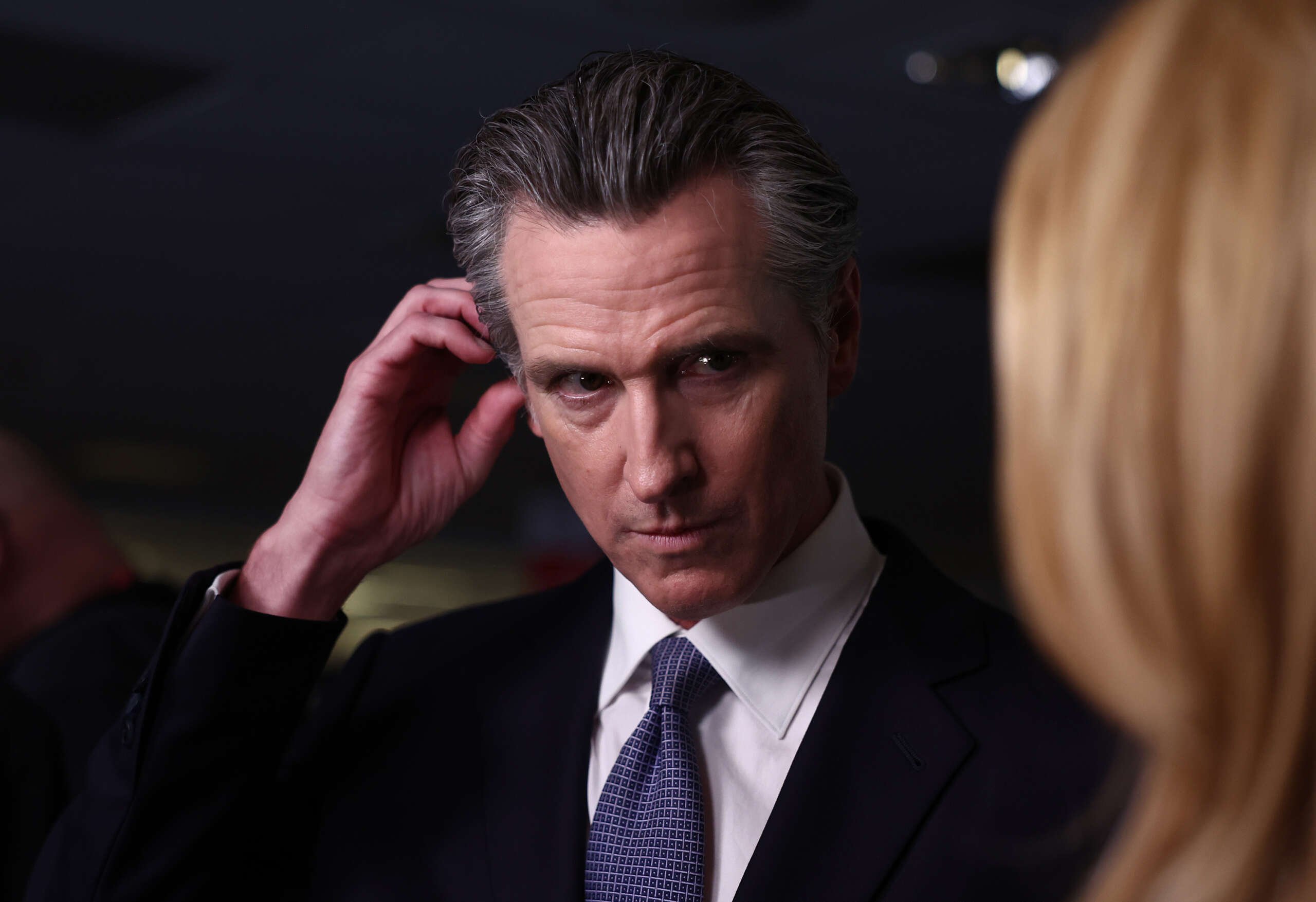

Kids These Days: Human Capital and the Making of Millennials is also excellent